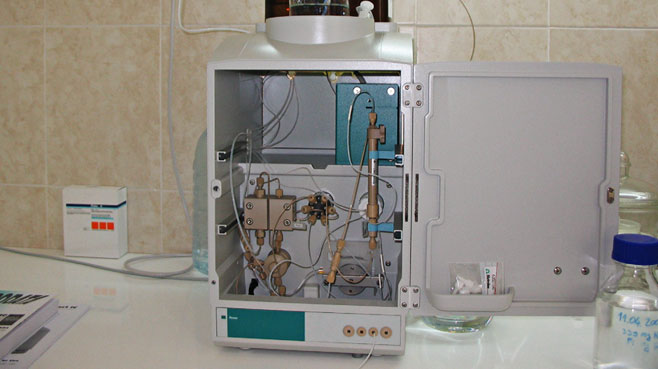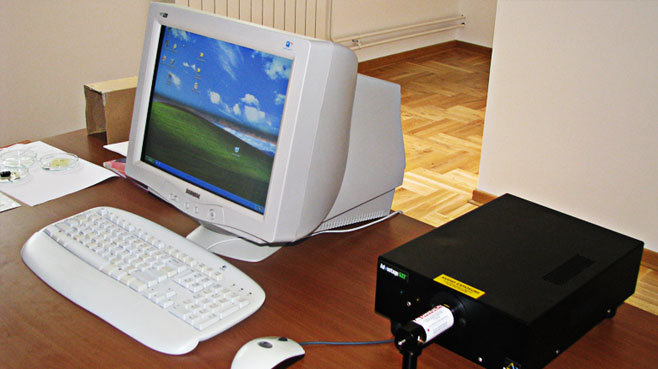Examination of structural, surface, opto-electronic and electro-chemical properties of materials
Fundamental studying of materials relevant for the hydrogen storage and obtaining hydrogen require a multidisciplinary approach, using various physico-chemical methods and techniques. In this sense, the temperature programmed desorption method is used to test the stability of different hydrides, whose decomposition produce gasses and primarily hydrogen which gives information can be obtained in the site’s natural activities for responses to depression.
By analyzing the structure of the material, the Raman spectroscopy can correlate and predict the possibility of deporting its matter.
UV-VIS spectroscopy can provide information on the optical-electronic effect of the material, which can be a function of water content, as well as the number of debates. In the analysis of defects, as well as surface conditions, which are individual locations of contact with the water supply with the material during adsorption, electrochemical and chromatographic methods are used.



By considering the more detailed characteristics of the material, we are looking at the examination of various physical-chemical properties, it is possible to understand the cause-and-effect relationships that affect the processing of storage and water production.
Associates
Dr Zoran Jovanović
Dr Tatjana Trtić-Petrović
Dr Nikola Zdolšek
MSc. Željko Mravik
